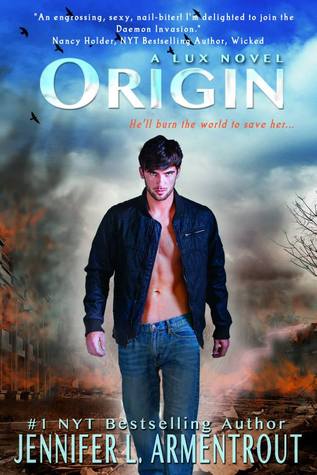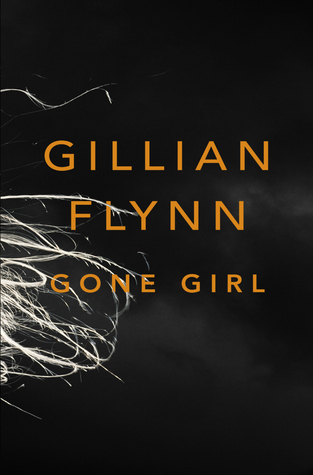
I will admit that I had to lay this book down and come back to it because it took me awhile to get into it.
Saving June follows the narrator and main character, Harper Scott. Her sister, June, has just committed suicide, seemingly out of the blue. June was the "perfect" sibling, while Harper is considered a disappointment. June had always wanted to go to California, but never got the chance. Harper and her best friend, Laney, devise a plan to take June's ashes to California and spread them in the Pacific. Just as Harper and Laney think that their trip may be impossible, in comes Jake Tolan in shining armor and riding in a black creeper van named "Joplin." Jake definitely has some connection to June that Harper can't quite figure out, but agrees to Jake's offer to drive the trio to California. Together the three of them trek across the country, find themselves, and ultimately learn that life is worth living.
I would only give this book 3 out of 5 stars because the author could have done so much more with this story. It had a good, but somewhat predictable and cliché plot. It just left me a little disappointed at the end. I think the one thing that really annoyed me was the characters- especially Harper.
Harper: She's made out to be this strong, confident, and stubborn girl, but I just didn't see that at all. She didn't cry after her sister's death, but then she is almost bragging about the fact that she didn't cry. I felt that the author was portraying Harper as "strong" by showing that she doesn't cry. She does end up having a few emotional break downs later in the book.
She also doesn't really seem to have her own tastes or beliefs. Jake, who is obsessed with music, asks her what type of music she likes to listen to, but she can't really answer him. She starts naming music that Laney listens to. As she starts to fall for Jake, she ends up liking his music. Also, the topic of religion is thrown around throughout the book. Harper doesn't believe in God or organized religion, but she doesn't have a good reason as to why. It seems she chooses not to believe because she doesn't want to be like her bible-thumping Aunt Helen.
I did, however, enjoy Harper's self discovery throughout the road trip to California and her return home. She realized that she wasn't as much of a disappointment as she had thought. My favorite scene with Harper is on the boat and she says,
"I'm sorry... For everything I did. For everything I didn't. I wish you were here. I know it's not enough, but this is the closest I'm going to get, to saving you."
Laney: She was probably my favorite character throughout the whole book. She was funny and optimistic. She had her own opinions and didn't let others sway her decisions. She wasn't afraid to try new things. She loved adventure. I think the only issue I had with her is that she didn't tend to stick up for herself. She kind of let comments and put-downs slide off her back instead of becoming defensive. She always ran to Harper's defense, but at times she seemed to allow others to walk all over her.
Jake: He was kind of your cliché dark, mysterious, asshole-at-times, and sexy love interest. Throughout the book you wonder how deep the connection between Jake and June went, and are once again disappointed because that isn't really explained. He admits to her playing a significant role in his lifestyle changes, but you don't really get to see any glimpse or flashback of the two of them. I think that would have been a really important scene for readers. I knew from the moment that Harper saw Jake at June's wake that they would become "involved," but I had hoped for more of a connection.
Jake is really into music, which is great and all, but also very annoying at times. They act like enjoying music like,
The Beatles, Jimi Hendrix, The Beach Boys, ABBA, and
Johnny Cash (among others) is a rarity and is supposed to add to his "mysterious" charm. I found that to be a little ridiculous. All of the music he liked is readily available and still widely played. It made them seem much younger than they were.
I did really enjoy how he interacted with Harper. He didn't pity her. He was honest and told her what he was thinking. She always knew that she could trust the things that he told her. I think through Jake she started to realize that she wasn't as much of a failure as she had previously believed. My favorite quote from Jake is during a conversation where Harper is expressing that June was better at everything.
"Well, you're better at living," he reasons. "
You're the one still here, aren't you?"
June: While she is dead throughout the entire book, she does play an important role. she is the one that kind of binds Jake and Harper together. I think that this is where the author really dropped the ball. June is a well-liked, intelligent, and seemingly "perfect" girl. I find it hard to believe that NO ONE saw anything wrong. I also think that the author should have delved farther into why she committed suicide. I really thought the book would eventually reveal that (especially the letter), but it did not.





